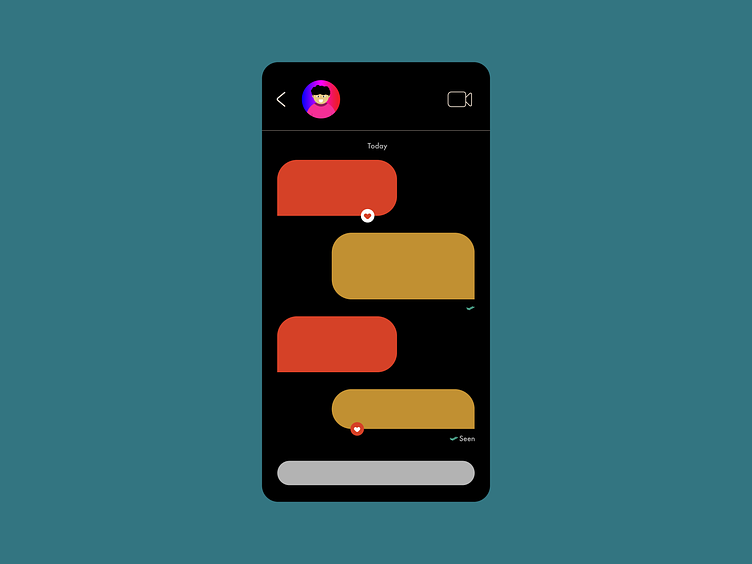In an era where GenZ users are the primary target of many businesses, dating apps are no exception. However, a recent study by Mozilla has raised concerns about the privacy practices of these apps. The study, conducted in 2021, revealed that dating apps are increasingly becoming data-intensive and intrusive in their operations.
Mozilla’s research involved an analysis of 25 different dating apps. The results were alarming, with 22 of the apps receiving the lowest possible privacy rating, termed as “Privacy Not Included”. Among the apps studied, only Lex, a Queer-owned and operated app, received a positive review. Harmony and Happn were the only other apps to receive a passable rating.
The study further revealed that a staggering 80% of the apps might share or sell your personal data for advertising purposes. Apps like Bumble were specifically mentioned for their ambiguous privacy policies, which could potentially allow your data to be sold to advertisers. As Mozilla pointed out, an in-app popup in Bumble states, “We use services that help improve marketing campaigns… Under certain privacy laws, this may be considered selling or sharing your personal information with our marketing partners.”
The report also highlighted that a majority of the apps, including Hinge, Tinder, OKCupid, Match, Plenty of Fish, BLK, and BlackPeopleMeet, collect precise geolocation data from users. Some apps, like Hinge, even collect this data in the background when the app is not in use. Hinge’s policy states, “The collection of your geolocation may occur in the background even when you aren’t using the services if the permission you gave us expressly permits such collection. If you decline permission for us to collect your precise geolocation, we will not collect it, and our services that rely on precise geolocation may not be available to you.”
While dating apps argue that they collect a significant amount of data to provide better matches for users, the consequences can be severe if this data ends up with data brokers
The role of data brokers in this scenario is particularly concerning. While dating apps argue that they collect a significant amount of data to provide better matches for users, the consequences can be severe if this data ends up with data brokers. For instance, last year, the Washington Post reported that a U.S.-based religious group purchased data from Grindr to monitor some members.
Grindr, which received one of the lowest ratings in Mozilla’s review, has a history of privacy and security lapses. Zoë MacDonald, a researcher and one of the authors of the report, stated, “If dating apps think people are going to keep handing over their most intimate data – basically, everything but their mother’s maiden name – without finding love, they’re underestimating their users. Their predatory privacy practices are a dealbreaker.”
According to data from analytics firm data.ai, downloads of dating apps are slowing down. Pew Research data published last year suggests that only three in 10 adults have ever used a dating site or an app — a figure that has remained unchanged since 2019. The New York Times reported last month that dating app giants Match Group and Bumble have lost more than $40 billion in market value since 2021.
In response to these trends, companies are exploring new ways to engage potential daters, including the use of AI-powered features. Match Group announced in its Q3 2024 earnings report that it plans to leverage AI. In March, Platformer reported that Grindr plans to introduce an AI chatbot capable of engaging in sexually explicit language.
Mozilla pointed out that apps already use AI for matching algorithms. However, with the advent of generative AI, researchers are not confident that dating apps will provide sufficient protections for user privacy.
Mozilla pointed out that apps already use AI for matching algorithms. However, with the advent of generative AI, researchers are not confident that dating apps will provide sufficient protections for user privacy. Mozilla privacy researcher Misha Rykov emphasized that as dating apps collect more data, they have a responsibility to protect that data from exploitation. He noted, “To forge stronger matches users have to write compelling profiles, fill out numerous interest and personality surveys, asses and charm matches, share pictures and videos — the whole experience is heavily dependent on how much information people share. By this virtue, dating apps must protect this data from exploitation.”
Earlier this year, Mozilla also evaluated several AI bots that could act as a romantic partner and found serious concerns about the security and data sharing practices of these bots. This raises further questions about the future of dating apps and the privacy of their users. As we move forward, it’s crucial for these apps to prioritize user privacy and ensure that personal data is not exploited. This will not only build trust among users but also ensure a safer and more secure dating environment.



